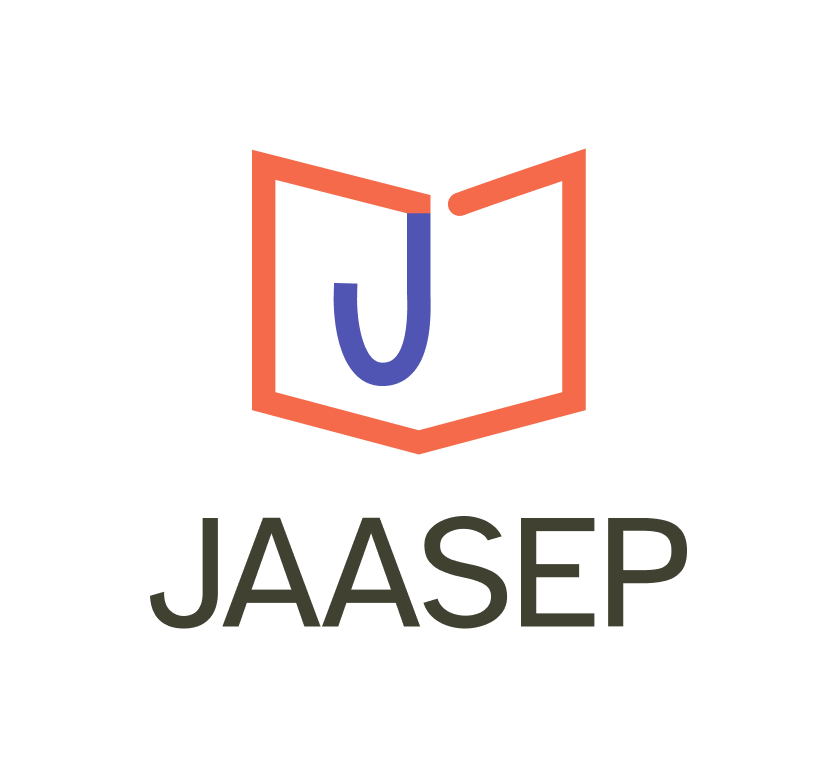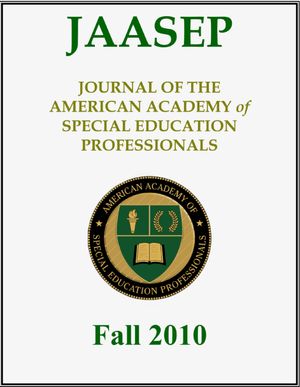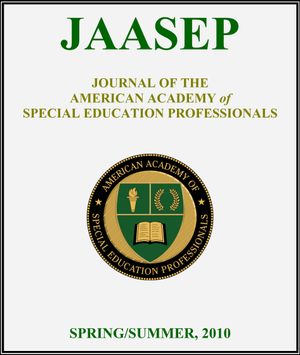Starting from:
$4.95
Guidelines-Admin of Educ Prog-Students who are Deaf/Hrd of Hearing, Visually Impaired Deafblind
Abstract
This paper presents the essential programming components resulting from a systematic review of research studies, legislation, and policy documents on the topic of administration issues in educational programming for students who are deaf/hard of hearing, visually impaired, or deafblind. It is recommended that educational teams should include a member whose educational preparation and credential matches the disability of the student who is deaf/hard of hearing, visually impaired, or deafblind to support assessment and instructional programming. Additional recommendations including limiting the caseloads of itinerant teachers of students with visual impairment to 8-20 and limiting the size of groupings that include children who are deafblind to support access and engagement. With the exception of the caseload recommendation, which is at the limited evidence level, all other essential programming components were determined to have an emerging level of evidence. The heterogeneity, low prevalence, and geographic disbursement of these disability groups create challenges for conducting educational research.
This paper presents the essential programming components resulting from a systematic review of research studies, legislation, and policy documents on the topic of administration issues in educational programming for students who are deaf/hard of hearing, visually impaired, or deafblind. It is recommended that educational teams should include a member whose educational preparation and credential matches the disability of the student who is deaf/hard of hearing, visually impaired, or deafblind to support assessment and instructional programming. Additional recommendations including limiting the caseloads of itinerant teachers of students with visual impairment to 8-20 and limiting the size of groupings that include children who are deafblind to support access and engagement. With the exception of the caseload recommendation, which is at the limited evidence level, all other essential programming components were determined to have an emerging level of evidence. The heterogeneity, low prevalence, and geographic disbursement of these disability groups create challenges for conducting educational research.
1 file (138.7KB)



